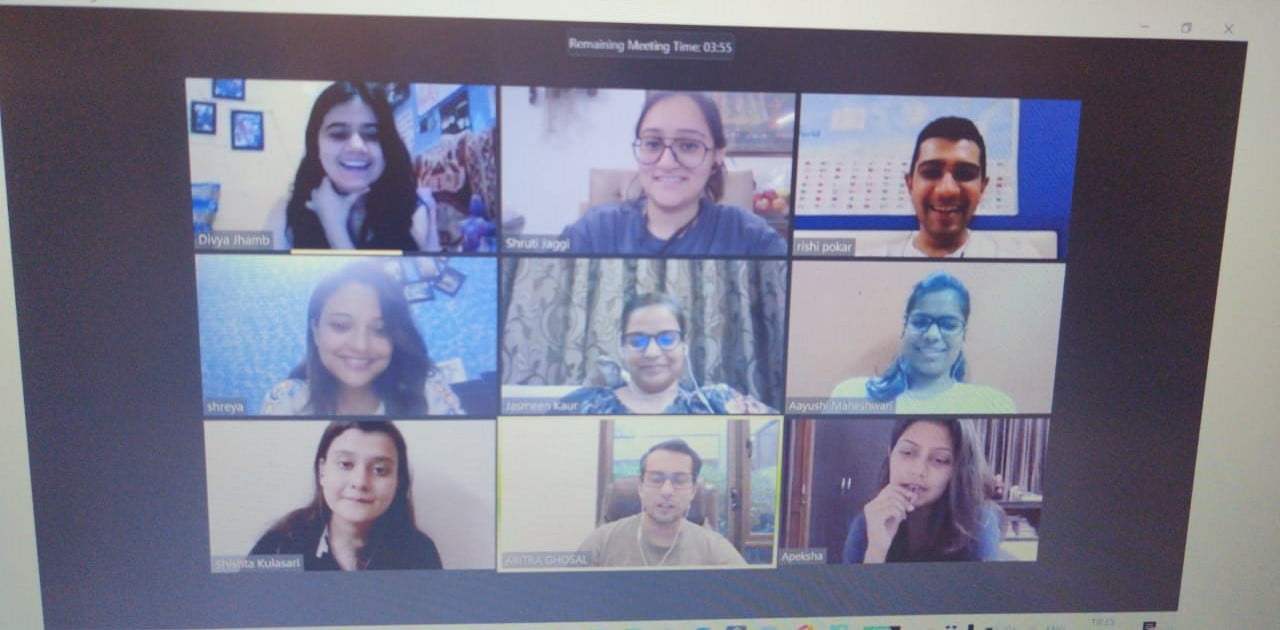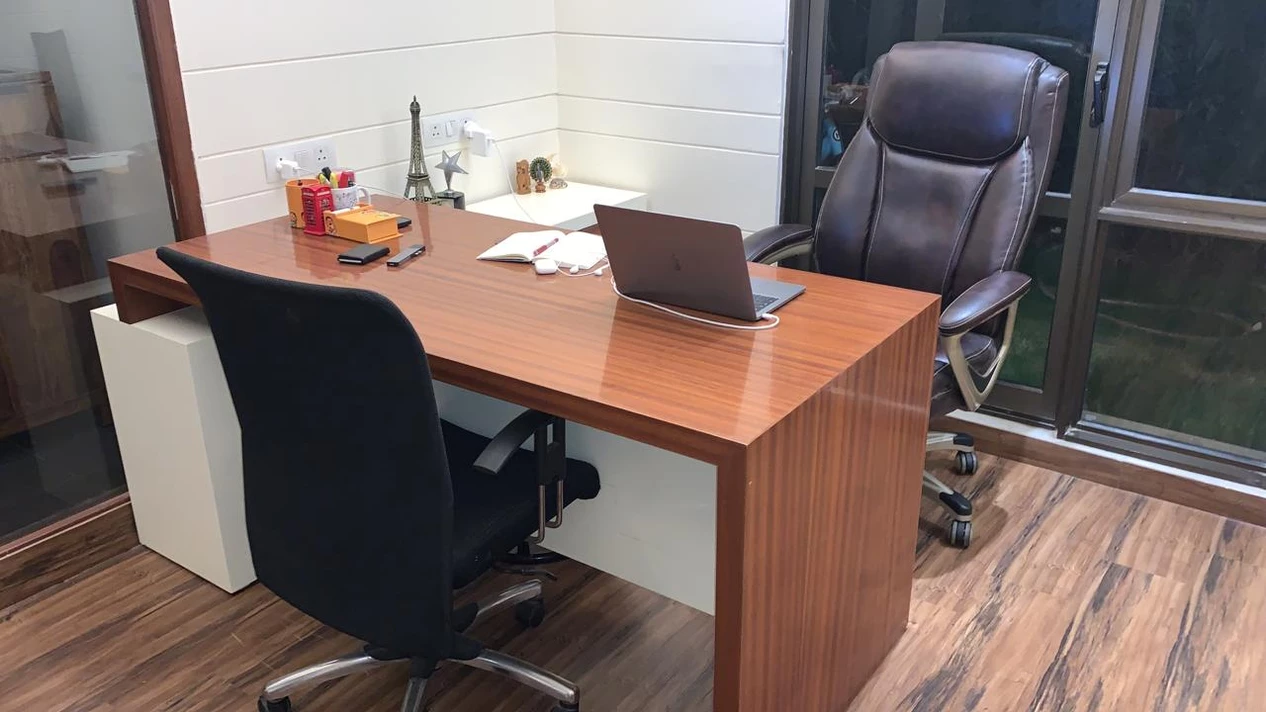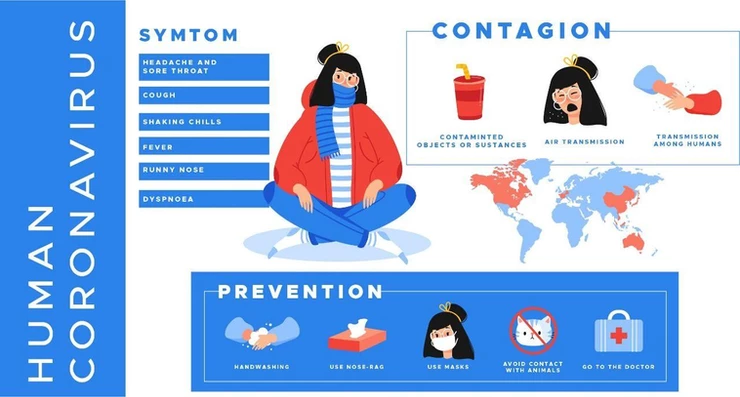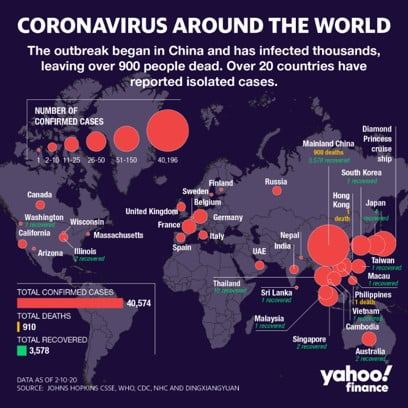As warned by the sector leaders, the deadly coronavirus outbreak had a major impact on international student mobility, after thousands of learners were left stranded in China.
Australia, New Zealand, the US and Singapore were among countries that had banned entry to foreigners travelling from China from the very beginning of the outbreak, while Japan and South Korea were denying entry to travellers from Hubei province, the centre of the outbreak. Meanwhile, British Airways suspended all flights between the UK and mainland China.
The decision to extend the shutdown of higher education throughout China until next month is expected to be a clear signal to other parts of the country’s education system to prolong the winter break, which started in December and includes the lunar new year, until the virus is under control.
According to the stats published in an article in ‘The Conversation’, there were more than 100,000 students stuck in China who had intended to study in Australia this year. As each day passed, it became more unlikely for them to arrive in time for the start of the academic year. For universities that have come to rely on China, the coronavirus poses an unprecedented risk.
This crisis hit hard for many Chinese students, an integral component of their campus communities. It not only caused disruptions to their study, accommodation, part-time employment and life plans but also their mental well-being. A statement released by the British Council explained that education activities in China in February are cancelled and advised against UK institutions travelling to China for an education-related activity next month.
Inside HigherEd published, ‘Australia never experienced such a sudden drop in student numbers. The reduced enrolments had profound impacts on class sizes and the teaching workforce, particularly at the master’s level in universities with the highest proportions of students from China. Tourism, accommodation providers, restaurants and retailers who cater to international students hit hard too.’
Universities adopted a variety of approaches to the crisis. Special study arrangements were made for students who are unable to be on campus. Online and remote arrangements were made available for students unable to attend classes.
Some institutions delayed the start of its semester by at least one week and will now conduct all the following week’s classes online. The orientation activities have been postponed, along with about 850 exams. Education companies have additionally reported cancellations from Chinese clients and expressed worries that the disease will have a similar impact on the industry as the SARs outbreak in 2003.
Meanwhile, governments have been making plans to help citizens in the worst-hit areas. China appears to be fighting an increasingly uphill battle to contain the coronavirus outbreak, as new deaths and infections continue to climb — prompting an ominous warning from the World Health Organization.





















